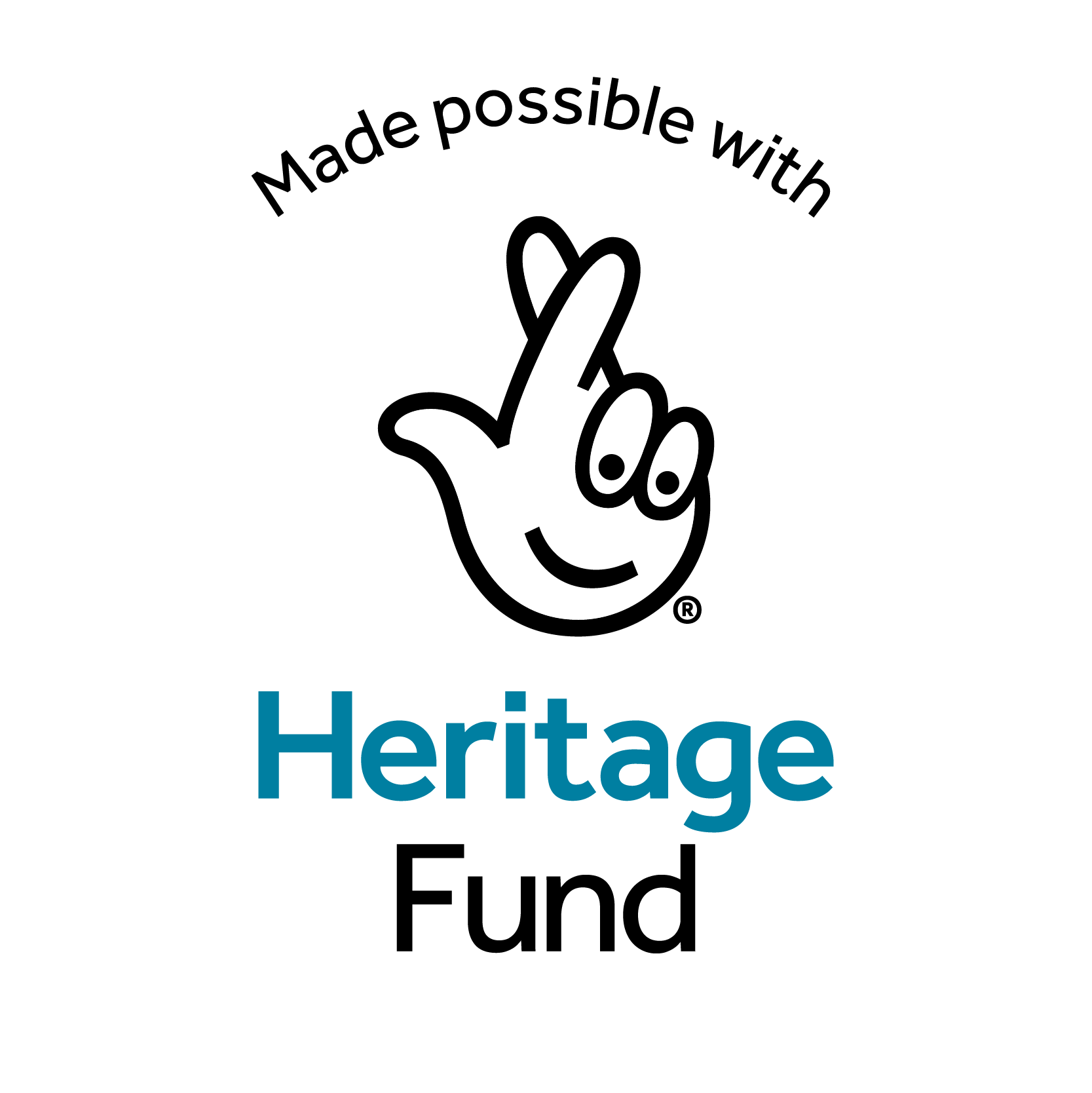
Don’t Dis my Ability: Marginalised voices from sport (Pilot)
Project team:
Dr Ian Brittain - Coventry University
Collaborators:
National Paralympic Heritage Trust
Funder:
National Lottery Heritage Fund
Duration of project:
01/11/2023 - 31/08/2024

Project overview
The ambition of this project is to develop an inclusive interview and engagement format that will increase understanding of disability within British society, and the impact of sport and the Paralympic Games on the lives of disabled people. Drawing on the existing knowledge of the academic and heritage partners in this project, we will devise and pilot a template for future larger scale work.
In doing so, we shall draw on two current Oral History Society trained volunteers from the National Paralympic Heritage Trust (NPHT), both of whom have disabilities, to be the test project interviewers. In addition, we shall recruit and contract 4 disabled artists with a range of disabilities and from a range of creative media to explore potential creative collaborations that can utilise the oral history process, and product, for meaningful community engagement.
Objectives:
To pilot test a number of new ways to collect and utilise oral histories from British summer and winter Paralympians (1960-date) in order to effectively utilise disability sport oral history in community and educational engagement.
To develop a much larger funding application in order to interview two to three hundred British Paralympians using disabled interviewers the results and transcripts of which will be publicly available on the National Paralympic Heritage Trust website.
Impact:
The project will impact two principal audiences. Firstly those actively engaged in it, including Coventry University, the NPHT, the interviewers and the artists. Secondly the audiences with who we share the work e.g. heritage organisations, sports organisations, the wider disabled and non-disabled society. Those actively engaged in delivering the work will:
- Learn new skills in oral history
- Build interviewing skills
- Extend personal knowledge of disability sporting history and understanding on the impact on the wider disabled community.
- Develop new creative ideas for public engagement and extend creative practice
- Strengthen and build local disability communities
- Develop oral history and creative engagement toolkits for future work that consider environmental impact and encourage others to develop disabled oral historians
Broader impacts include
- The uncovering of new disability sport history that may provide new understandings of its development and impact.
- Greater access to disability sporting history in the voice of those with lived experiences and interviewed by those with lived experience thus adding both authenticity and greater potential impact to the findings.
- An understanding of the oral history training needs of disabled people to lead this work so that the process can be replicated and extended into the future.
- The wider involvement of disabled people in heritage management.
- A greater understanding of the needs and support required for disabled oral historian volunteers.
- An understanding of the future approach to a large-scale disability sport oral history project.
- A wider involvement of disability sport federations in the importance and relevance of their history to communities and its value in breaking down negative barriers to disability.
- An understanding of how to effectively utilise disability sport oral history in community and educational engagement through a variety of creative processes developed by the artists.
Outputs:
- Sixteen Oral Histories from British Paralympians
- A toolkit of the process required in managing the oral histories of disabled people that can be used and applied by future researchers carrying out work in the field.
- The production of new resources to be used by the work of the NPHT in learning and engagement to build understanding about disability and to break down negative perceptions.
- A range of creative media produced by four disabled artists that can utilise the oral history process, and product, for meaningful community engagement.
- A larger follow up project aimed at collecting two to three hundred oral histories from British Paralympians.




